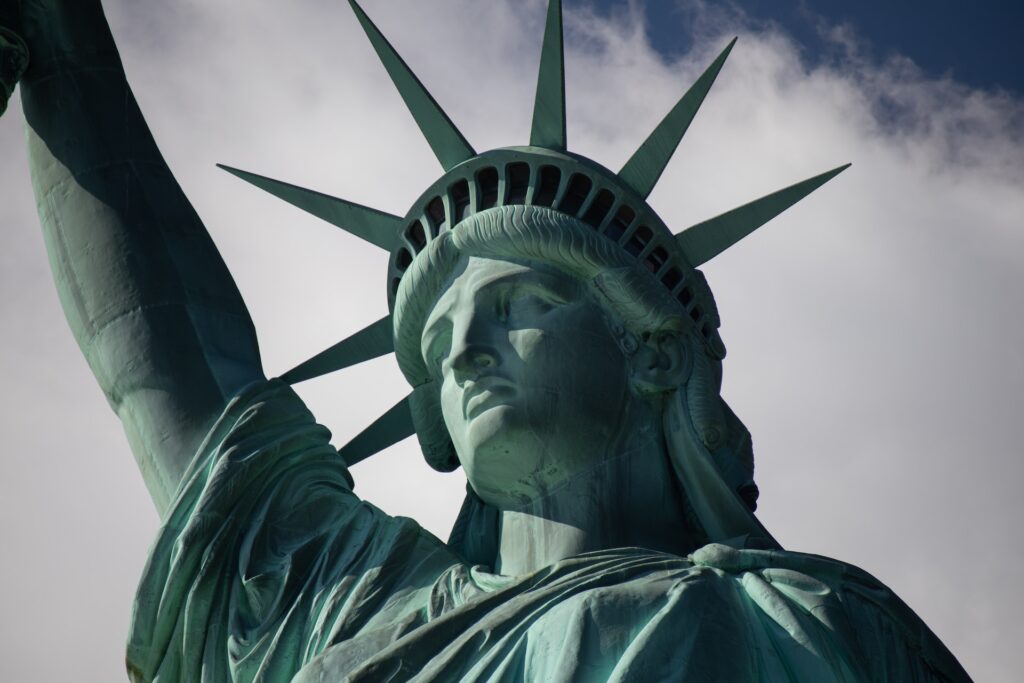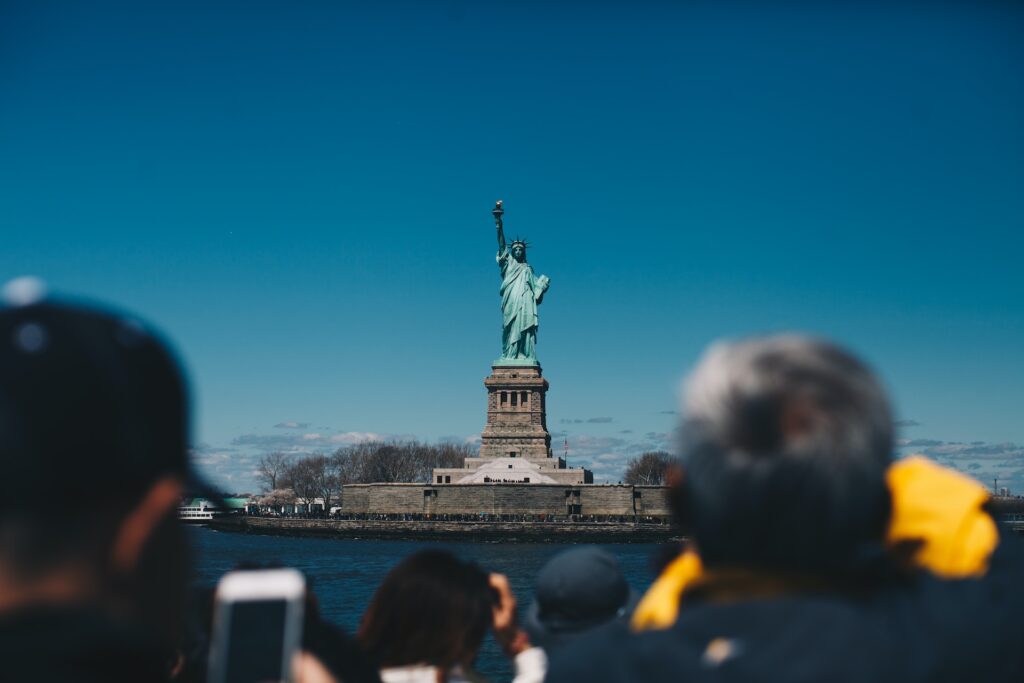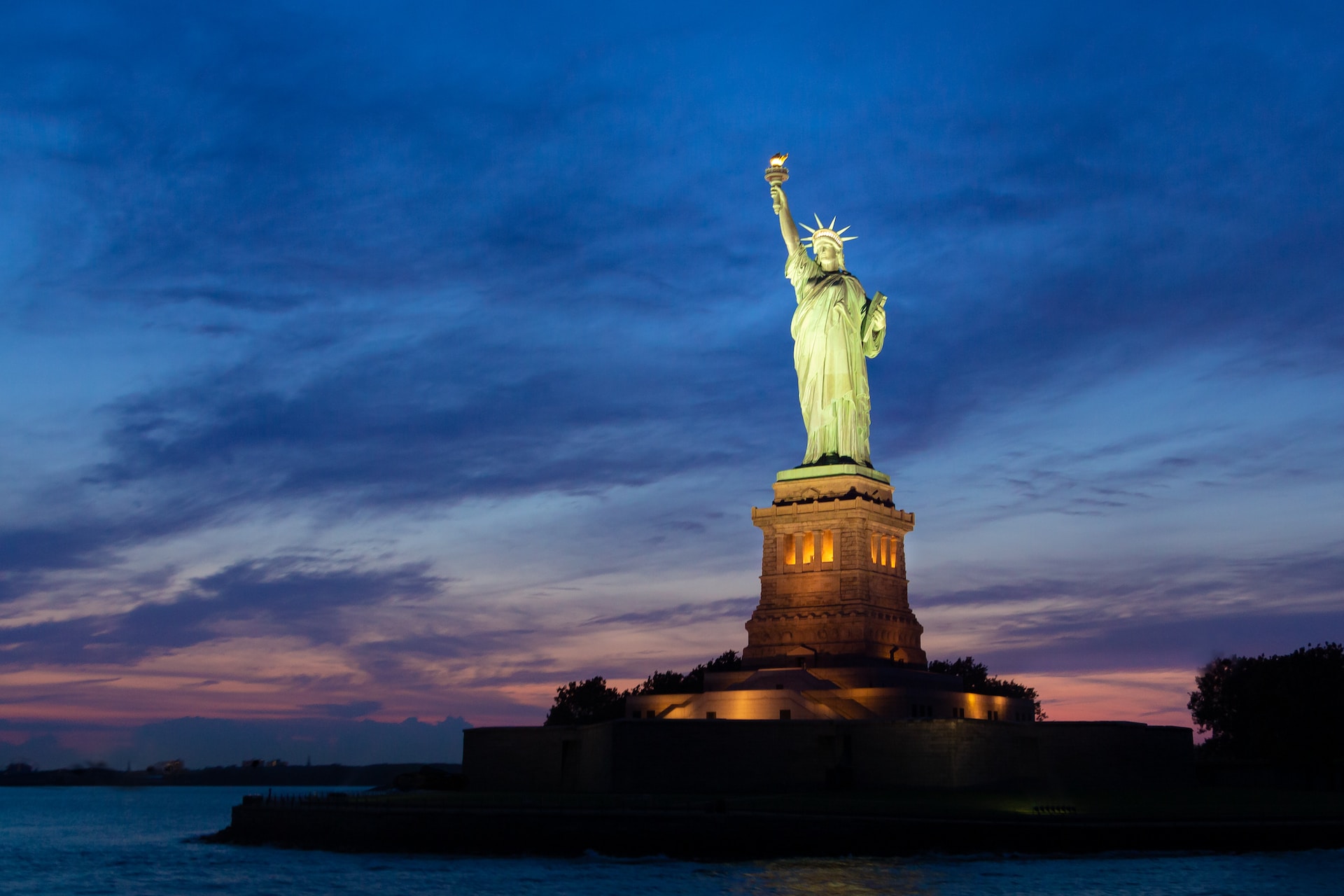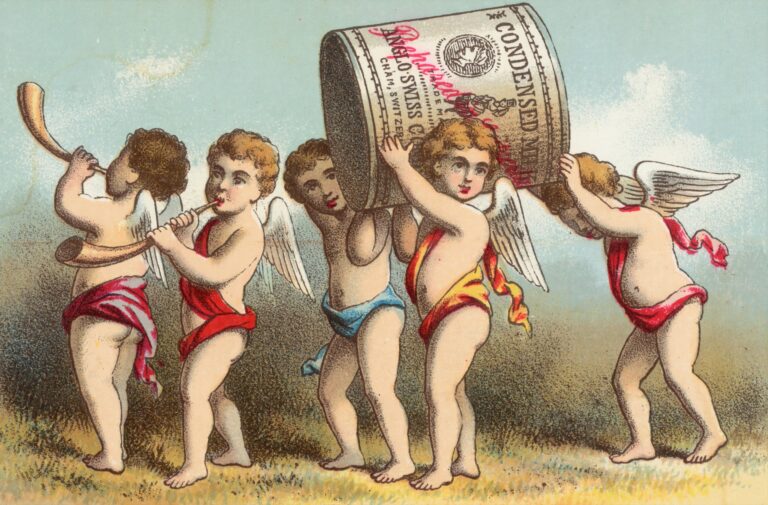When you think of New York City and its iconic landmarks, the Statue of Liberty is undoubtedly one of the first images that come to mind. Standing tall in the New York Harbor, Lady Liberty has become a symbol of freedom and hope for millions of immigrants who arrived on American shores in search of a better life. And at the base of this magnificent statue, you’ll find the famous sonnet, “The New Colossus,” written by none other than Emma Lazarus.
A Poet’s Journey Begins
Emma Lazarus was born on July 22, 1849, into a wealthy Jewish family in New York City. From a young age, she showed a deep appreciation for literature and began writing poetry at the tender age of fourteen. Lazarus was well-educated and well-connected, allowing her to immerse herself in the literary and cultural circles of New York City.
The Influence of Judaism
Judaism played a significant role in Lazarus’s life and writings. As a Jewish woman growing up in a time when anti-Semitism was prevalent, she used her poetry as a means to express her identity and advocate for the rights of Jewish people. Her Jewish heritage and experiences shaped her view of the world and influenced the themes she explored in her work.
The New Colossus: A Poem That Transcends Time
In 1883, Lazarus was approached to contribute a poem for an auction to raise funds for the pedestal of the Statue of Liberty. It was this request that led to the creation of “The New Colossus.” The poem speaks directly to the statue, giving voice to the hope and dreams of immigrants coming to America. Little did Lazarus know that her words would become etched into the fabric of American history.

The Message of The New Colossus
“The New Colossus” is a powerful and evocative poem that speaks directly to the immigrants arriving in America’s shores. Its famous lines, “Give me your tired, your poor, your huddled masses yearning to breathe free,” have become synonymous with the Statue of Liberty and the American dream. Lazarus’ words embody the spirit of inclusivity and compassion that has come to define the United States as a nation of immigrants.
Recognition and Legacy
Although “The New Colossus” did not receive significant attention during Lazarus’ lifetime, it gained recognition and prominence in the early 20th century. Lazarus’ poem was eventually engraved on a bronze plaque and mounted inside the pedestal of the Statue of Liberty in 1903, cementing her place in American history. Her words continue to inspire and remind us of the importance of welcoming and embracing diversity.
A Lasting Legacy
“The New Colossus” may be Lazarus’s most famous work, but her literary contributions extend far beyond this single poem. She wrote numerous sonnets, essays, and plays, exploring themes of social justice, identity, and the immigrant experience. Lazarus’s writings resonated with many, and she was considered one of the leading poets of her time.

Remembering Emma Lazarus
Tragically, Emma Lazarus’s life was cut short at the age of 38 due to illness. However, her impact on American literature and the immigrant experience continues to be felt to this day. Her words continue to inspire generations to embrace the diversity and inclusivity that America represents.
Exploring Emma Lazarus’s New York City
To truly understand Emma Lazarus’s connection to New York City, you can explore the places that shaped her life. Visit the homes she lived in, such as her childhood residence at 14 West 10th Street or her final residence at 18 West 10th Street. Pay a visit to the New York Historical Society, where you can find an exhibition dedicated to Lazarus and her works.
The Bottom Line
Emma Lazarus may have lived a relatively short life, but her impact on American literature and the immigrant experience cannot be understated. Through her words and advocacy, she has left an indelible mark on the history of New York City and the nation as a whole. As we continue to celebrate the Statue of Liberty and the ideals it represents, let us also remember the poet who gave voice to those who sought refuge and freedom on America’s shores.







